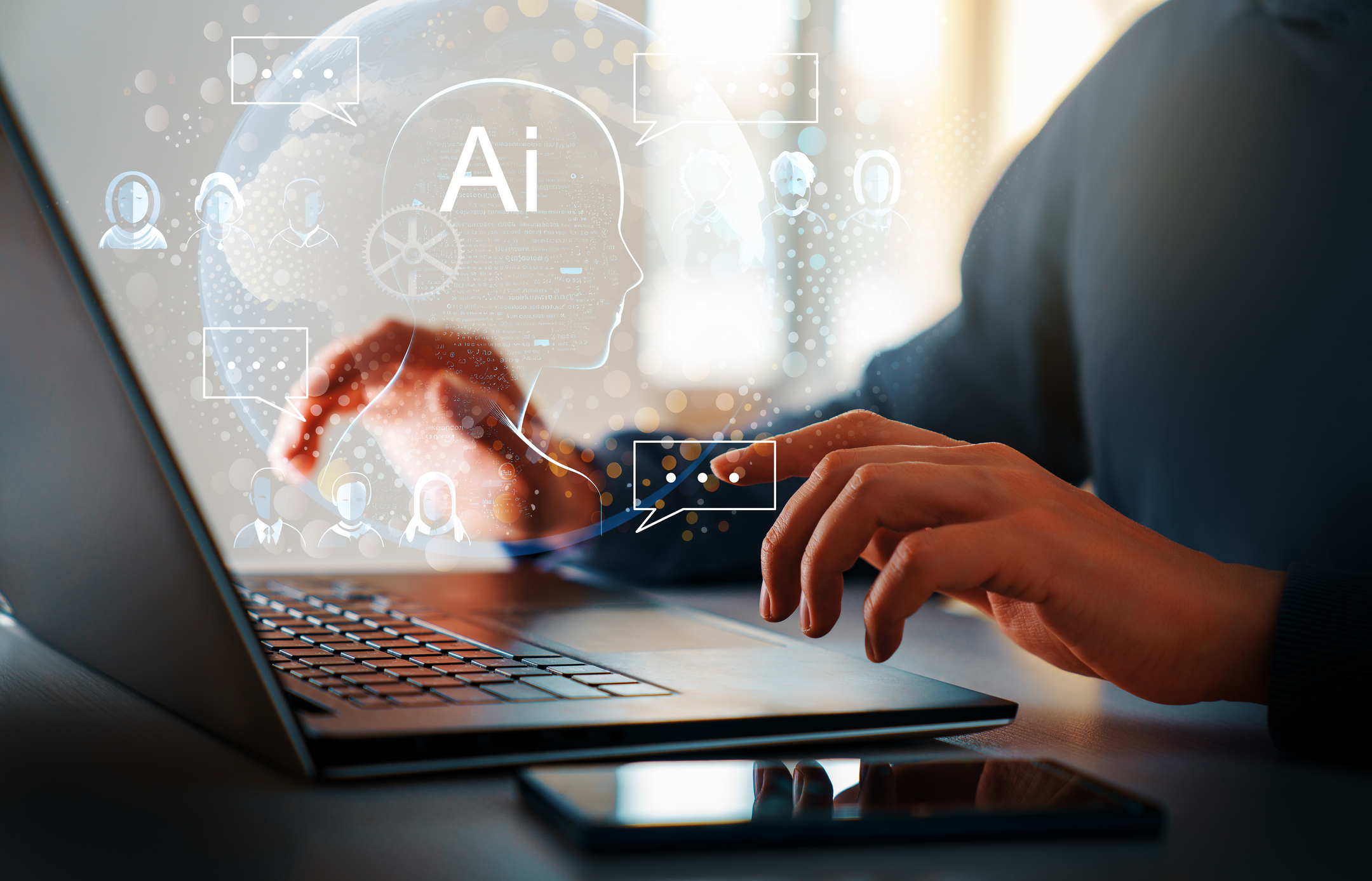You are a subject matter expert in a specialized, information-oriented field. You’ve been valued and rewarded for hard-earned knowledge accumulated over many years. Heads up: In 2024 that knowledge can largely be summoned, processed, and analyzed by AI in the time it takes you to read this sentence.
Our collective response? Meh. We skim articles and have AI “breakthroughs” pop up on our feeds, but most of us are otherwise in wait-and-see mode. There can be great comfort in such ambiguity.
But here’s what we know for sure: Corporations are investing untold billions in supplanting human intelligence with AI. Not simply to curate existing information, but to invent the new so that humans are the editors of AI-provided ideas, not the source of information as we have been for our entire existence.
At some point the obvious will be asked: How will AI impact your professional viability over the coming years?
Regardless of your career, your future value proposition as a professional will likely hinge on interpersonal skills, not specialized knowledge. You have to become — to use an old-fashioned phrase — a “people person” in order to survive and thrive. If this idea prompts emotions ranging from denial to dread, there’s a fun blame game to be played.
The most highly analytical in our society, those who much prefer to interact with information and systems rather than people, invented AI, which devalues knowledge-based expertise and elevates human relationships as the key differentiator to a successful career. Listening, empathy, curiosity, synthesizing multiple points of view, mastering the art of progress through people — this is your currency in the AI Age.
It’s not about what you know, it’s about applying wisdom through relationships that will drive your career.
Art Yonowitz, a senior partner at a large professional services firm, defines wisdom as the output of knowledge + experience + empathy.
“Any client can look up the latest changes of Sarbanes-Oxley on their phones, information they used to pay us to provide,” Art says. “Today, our clients don’t call us for that, they want to understand what it means for their business. That requires empathy to fully understand their specific issues, hopes, and fears as people making difficult decisions. That means we need to build authentic relationships for our guidance to be trusted. No relationship, no business.”
The key to not just surviving but thriving in this new world of AI is to ask yourself: What can you do that AI can’t?
Maybe it’s identifying a vision that brings teams together, your enthusiasm for mentoring younger colleagues, or your strategic thinking that sees beyond data points. These relational skills are more valuable than ever.
Here are some other examples, courtesy of ChatGPT itself:
- Critical Thinking and Problem Solving: AI can process and analyze data, but people excel at interpreting this data, understanding complex situations, and devising innovative solutions.
- Creativity and Innovation: While AI can generate ideas based on existing data, original thought and the ability to think outside the box are distinctly human traits.
- Emotional Intelligence: Understanding and managing emotions, both one’s own and others’, is crucial in the workplace. AI lacks the ability to truly understand human emotions and the subtleties of human interactions.
- Leadership and Management Skills: The ability to lead teams, especially in environments where human and AI systems work together, will be invaluable.
- Ethical Judgment and Decision Making: As AI systems are increasingly used for decision-making, professionals need to provide ethical oversight and ensure that decisions are fair and equitable.
- Cross-disciplinary Knowledge: A broad understanding of multiple fields can foster innovation and enable professionals to apply knowledge from one domain to another.
- Collaboration and Teamwork: Working effectively with others, including diverse and distributed teams, is a skill that AI cannot replicate.
The rise of AI won’t end your professional value; it’s a call to redefine it. Your decades of expertise are still a significant asset, but now it’s about leveraging that in new and innovative ways. Embrace the change, adapt your skills, and remember that in a world where knowledge is cheap, wisdom is priceless.


